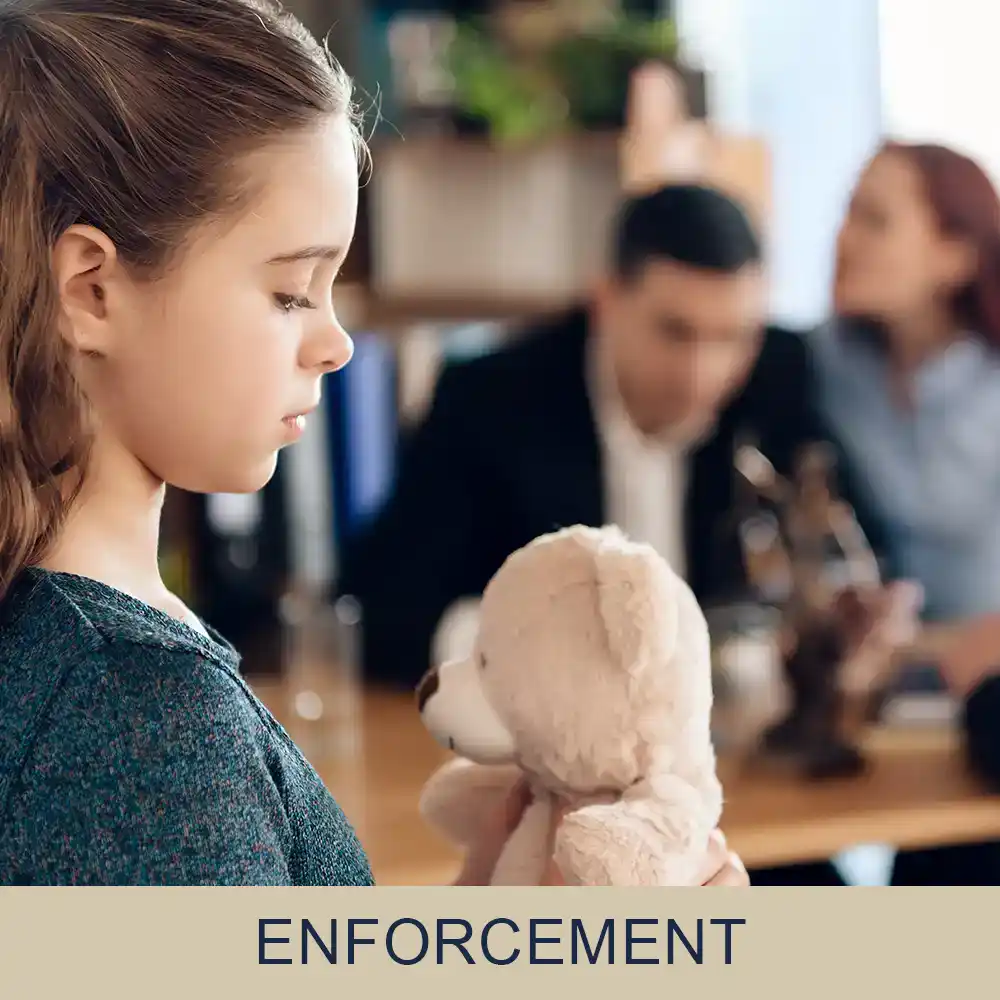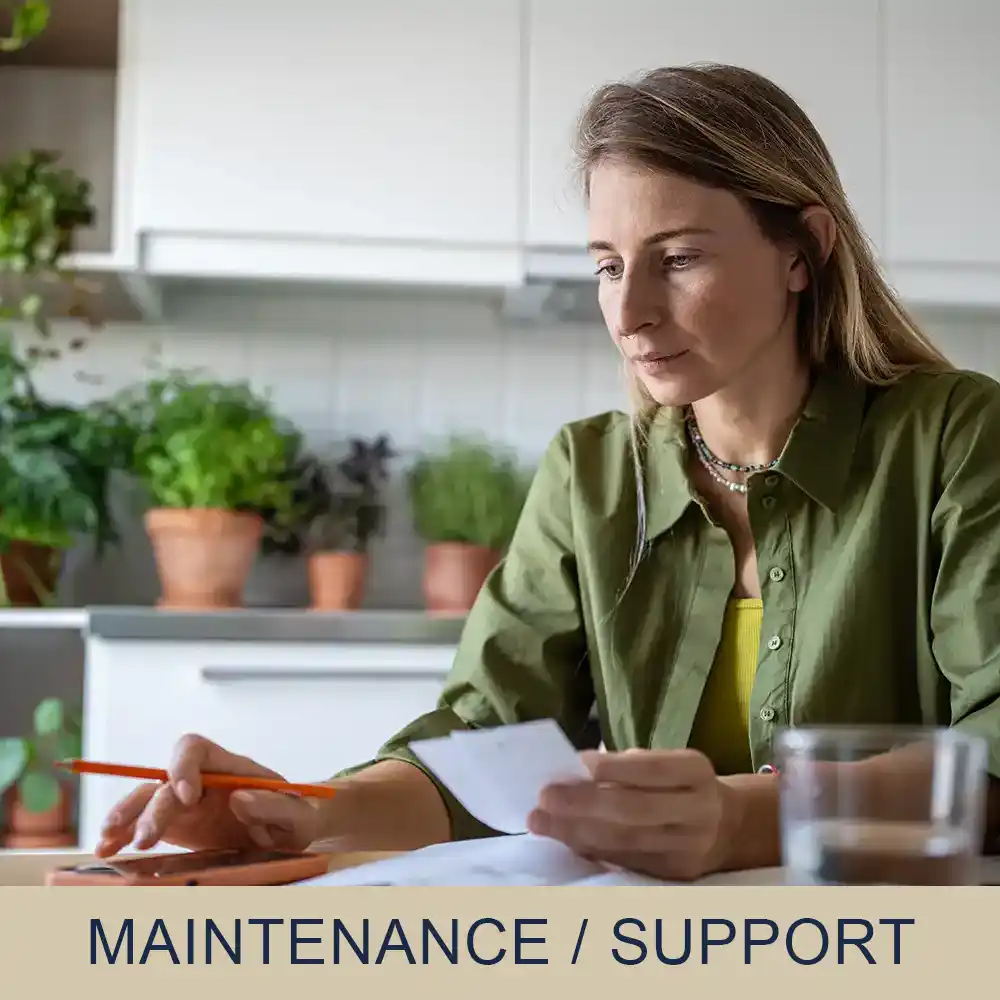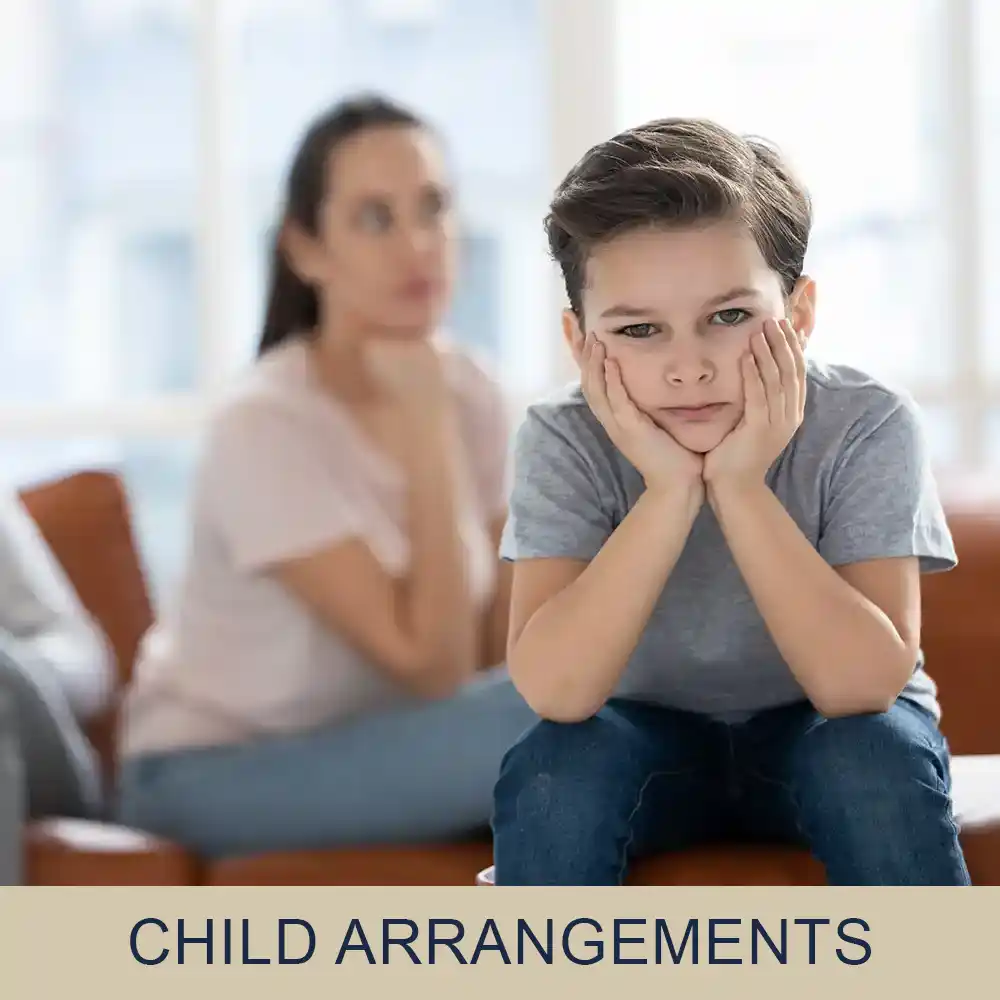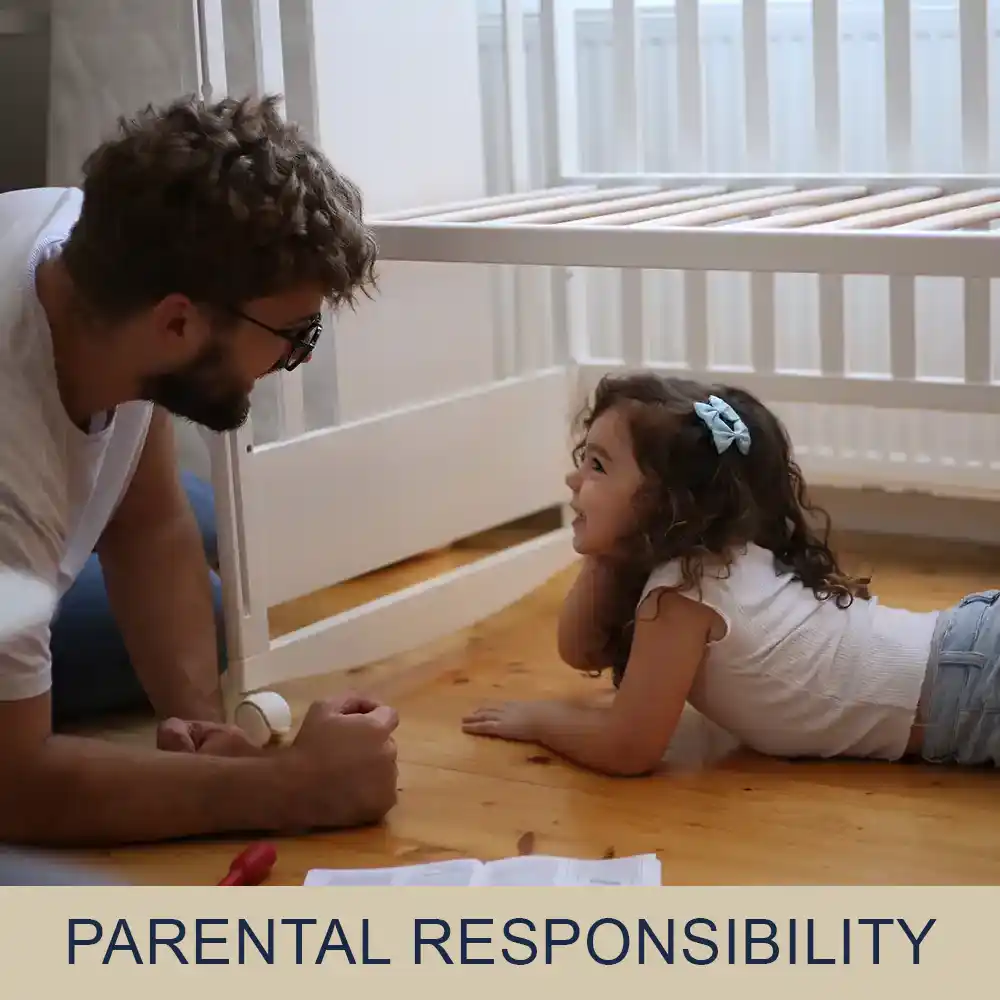Mediation
Mediation is a voluntary process where an independent, trained mediator helps separating or divorcing couples reach agreements on issues such as property, finances, and child arrangements. At Moloney Family Law, led by Tracey Moloney, we believe mediation can reduce conflict, save time, and preserve relationships, especially when children are involved. Our team supports clients throughout the process, ensuring fair and workable solutions.
Key Considerations in Mediation
- Resolving disputes without going to court
- Child arrangements and residence plans
- Division of property and assets
- Financial support and maintenance agreements
- Developing co-parenting strategies
- Cost-effective and quicker alternative to litigation
- Confidential and non-confrontational environment

Detailed Guidance
Mediation is focused on collaboration rather than confrontation. A mediator helps both parties communicate effectively, identify key issues, and reach mutually acceptable solutions.
Moloney Family Law also provides legal advice alongside mediation, ensuring you understand your rights and the implications of any agreement.
At Moloney Family Law, we guide you through:
- Child Arrangements: Parents can negotiate where children live, how much time they spend with each parent, and other practical arrangements.
- Property and Finances: Couples can agree on division of assets, maintenance, and shared responsibilities.
- Flexibility: Solutions are tailored to each family’s needs, rather than a court imposing a decision.
- Confidentiality: Mediation discussions are private and cannot be used as evidence in court if mediation fails.
We tailor our advice to your unique circumstances, balancing compassion with robust representation to protect your interests.
FAQs – Your Most Frequently Asked Questions about Mediation
Is mediation mandatory?
In most cases involving children, courts require evidence that mediation has been considered before proceedings can continue.
How long does mediation take?
Typically 2–4 sessions, but complex cases may take longer. Sessions usually last 1–2 hours.
Can we use solicitors during mediation?
Yes. You can have a solicitor present or consult them before signing any agreement.
What if we can’t agree in mediation?
If mediation fails, the matter can still be taken to court. However, courts often encourage mediation first.
Is mediation confidential?
Yes. Discussions during mediation are private and cannot usually be disclosed in court.
Case Studies
1. Parenting Plan Agreement
A couple struggled to agree on holiday schedules and term-time contact for their children. Through mediation, they created a clear parenting plan, which both felt was fair. We then helped formalise this into a child arrangements order to provide certainty.
2. Financial Settlement Through Mediation
After a long marriage, a separating couple disagreed about pensions and savings. Mediation sessions allowed them to share full financial disclosure and work towards an equal division. This avoided court hearings and kept legal costs down.
3. Avoiding a Court Battle
A couple facing divorce attended mediation for child arrangements and property division. Initial disagreements over the family home and children’s schedules were resolved over three sessions. The parties left with a written agreement that both could follow, avoiding a lengthy and costly court process.

Client Comment
“Your communication has also been fantastic. I really appreciate your professionalism and understanding throughout this whole period. Mediation made the whole process much less stressful than I imagined.”









